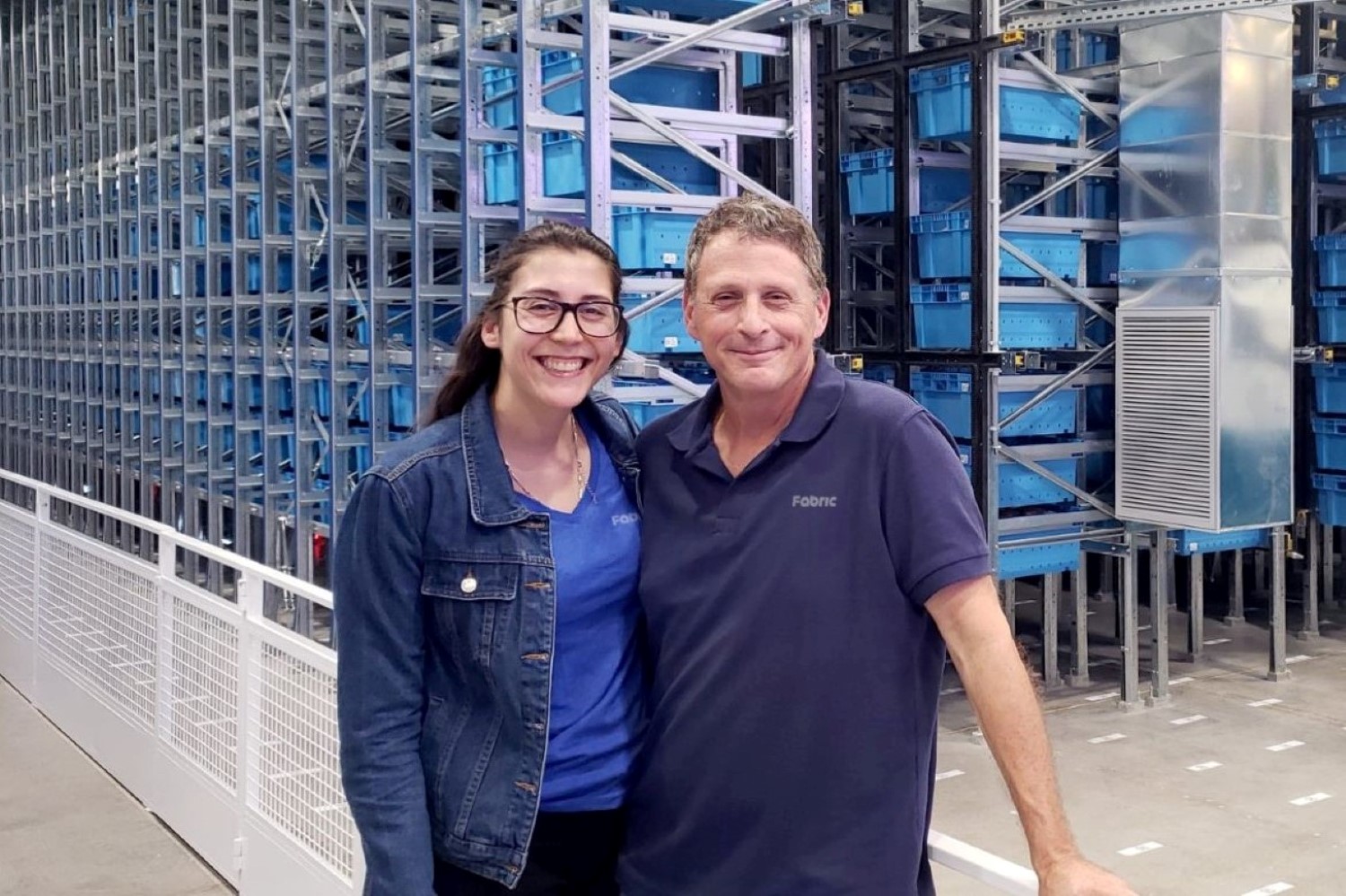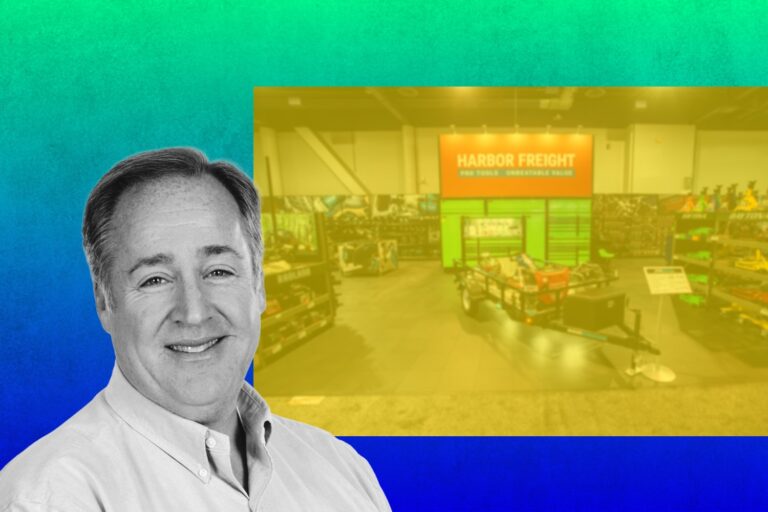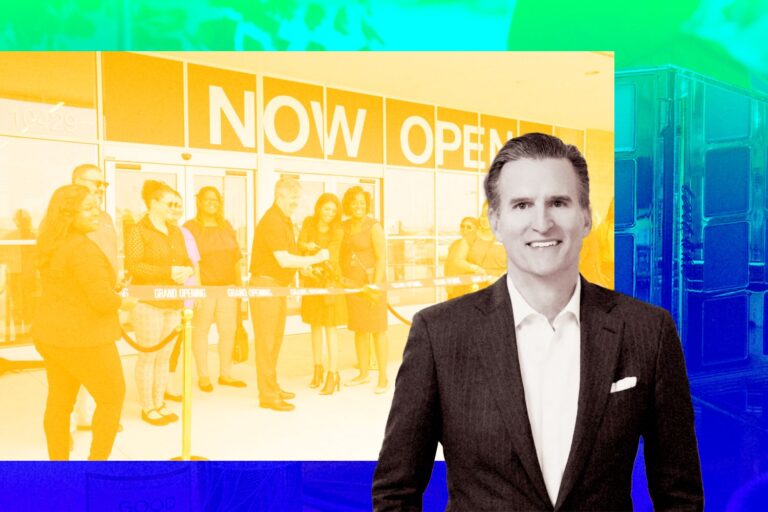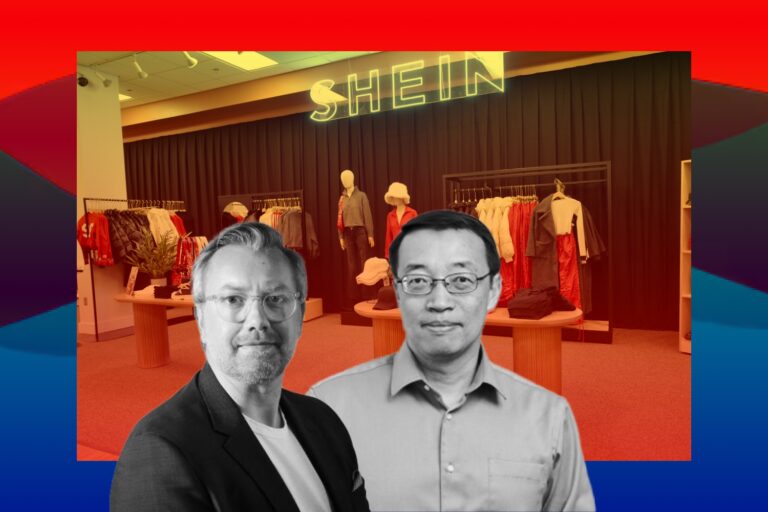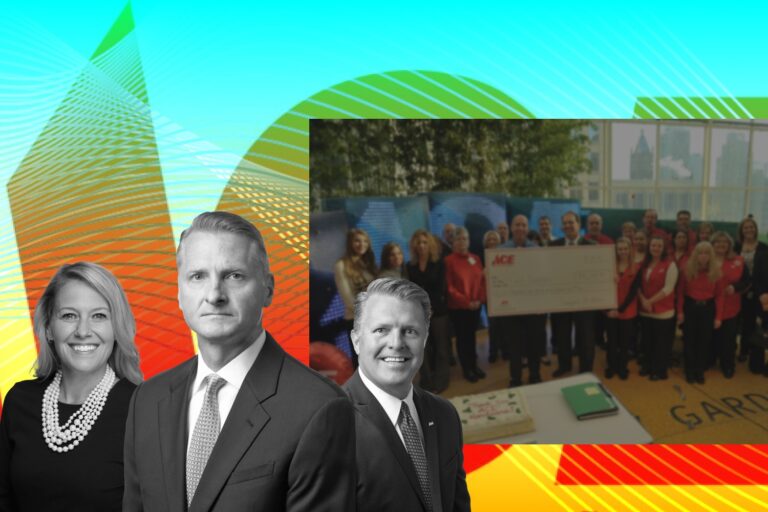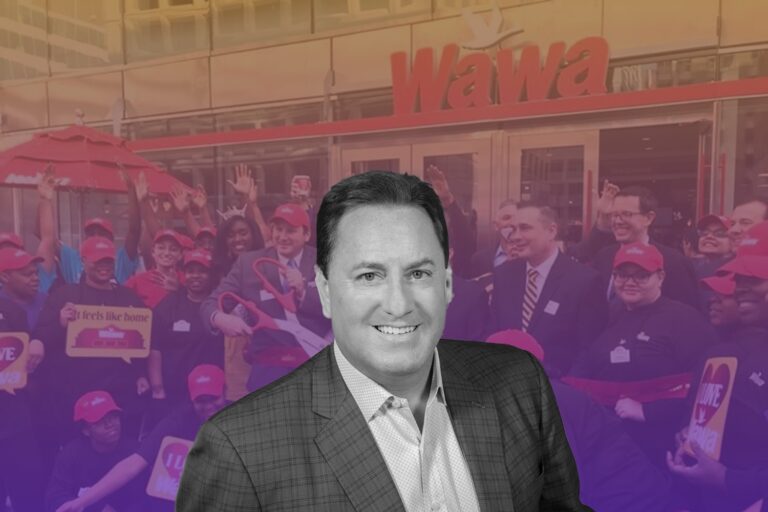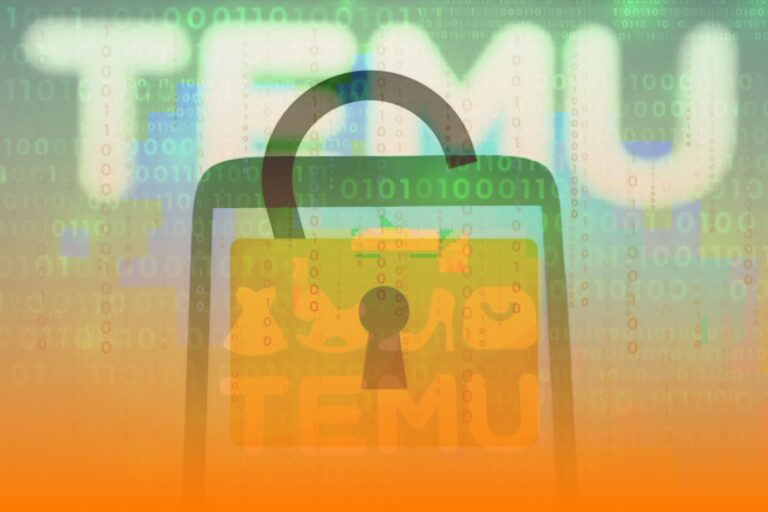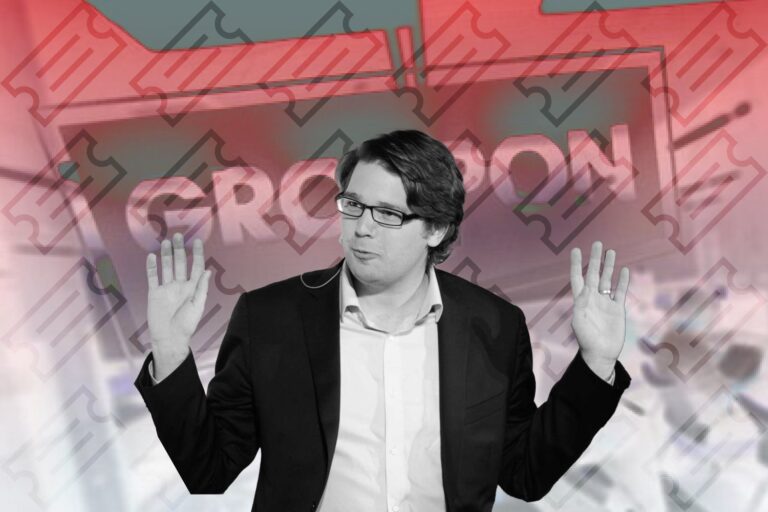Fabric’s Leaders: From Outsiders to Micro-Fulfillment Pioneers
Fabric offers on-demand micro-fulfillment solutions. Shay Cohen, Elram Goren, and Ori Avraham, all former high-ranking officials in the Intelligence Technology branch of the Israel Defense Forces, launched the company in Israel in 2015. Fabric also announced the move of its headquarters from Tel Aviv to New York, in addition to the rebranding strategy in 2019.
Fabric’s creators pioneered micro-fulfillment, a logistical solution developed out of the existential problem that retailers confront, to assist all merchants in thriving in the quickly expanding world of on-demand fulfillment. Traditional fulfillment solutions currently do not allow merchants to flourish in this hyper-competitive area, thus a new strategy is required. The company’s solution has been commercially utilized since 2018 and is production-proven. Fabric provides an improved customer experience from click to delivery. By merging intelligent robotic fulfillment with regional last-mile operations and powering each retailer’s unique offering, Fabric makes on-demand e-commerce feasible, financially rewarding, and long-lasting for merchants. Their micro-fulfillment solution connects companies with their customers by activating insights to deploy local goods in the right location, at the right time.
Despite the fact that the company began as a robotics endeavor, it does not provide individual robots. The principal offering is instead an integrated turnkey solution for online grocers. Fabric owns and manages each complete facility from which it provides pay-per-order fulfillment. This technique distinguishes Fabric from the competition since they market to small online retailers, whilst others in the sector solely target larger retailers.
Fabric was selected to CB Insights’ first Retail IT 100 list, which displays the world’s 100 most promising B2B retail tech startups. Fabric takes pride in driving the e-commerce sector forward by utilizing cutting-edge software and robotics to address one of the industry’s most pressing issues: effective online order fulfillment. The company is excited to assist more retailers in providing a more engaging and scalable online shopping experience.
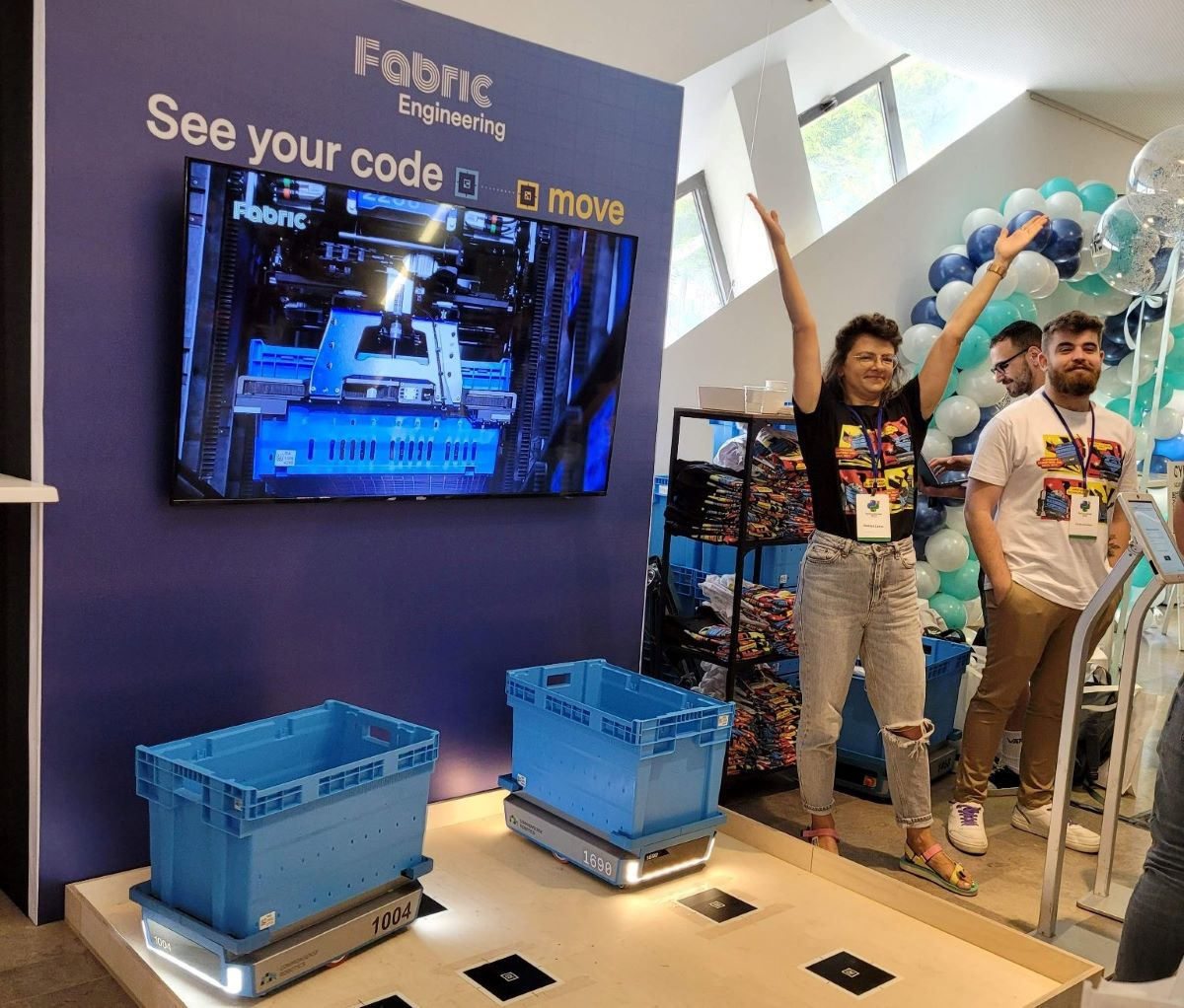
With a value of more than $1 billion, Fabric has established itself as a global leader in the on-demand fulfillment area, employing its patented robotic micro-fulfillment technology stack created from the bottom up to make on-demand fulfillment lucrative and scalable for all retailers. Fabric will expand its on-demand fulfillment technology into the general goods industry and establish a network of micro-fulfillment facilities in key US metro areas to enable quick delivery scalable and viable for merchants. Fabric will also extensively recruit for its world-class technical, commercial, and operations teams in Israel and across the United States to support this period of hypergrowth.
What Lies behind Fabric’s Rebranding Strategy?
In 2019, Common Sense Robotics changed its name to Fabric, emphasizing the company’s focus on overall logistics and putting its robotic roots on the back burner. The new brand is inspired by the company’s larger commitment to helping merchants to preserve their individuality while improving customer interactions by implementing a new supply chain architecture that allows faster and cheaper on-demand fulfillment.
“In becoming Fabric, our vision is finally reflected in our brand” stated Elram Goren, CEO, and co-founder of Fabric. He underlined that while their robots and software are crucial to what they do, they are only a means to a goal. They’re truly here to be the fabric of the new world of e-commerce: to fulfill orders on demand, to have things finished and delivered faster and cheaper than in shops. As a result, their new brand embodies its mission of changing end-to-end logistics to on-demand e-commerce into a profitable and scalable business for every retailer.
Fabric’s Financially Memorable Milestones
Fabric made a decision to seek financial assistance from wealthy investors in order to develop and expand the business size. Fabric secured $20 million in Series A in 2018 from Playground Global and prior investors such as Aleph VC and Eric Schmidt’s Innovation Endeavors. Fabric secured another $100 million a year later in Series B, from Aleph, the Canada Pension Plan Investment Board, Innovation Endeavors, La Maison, Playground Ventures, and Temasek. By 2021, Fabric had successfully raised another $200 million in Series C funding from a diverse group of investors that included Koch Disruptive Technologies, Union Tech Ventures, Harel Insurance & Finance, Pontifax Global Food and Agriculture Technology Fund, Canada Pension Plan Investment Board, KSH Capital, Princeville Capital, Wharton Equity Ventures, and others. Thus, by 2021, after three rounds of calls, Fabric has brought in a sum of $336 million.
Fabric mentioned that it intended to use its latest funding to expand its on-demand fulfillment platform across the merchandise market and to create a network of micro-fulfillment centers across large metropolitan areas in the United States in order to make fast delivery scalable and profitable for retailers. “It has never been so complex and challenging for retailers to fulfill and deliver online orders,” stated Fabric. “With these funds, Fabric has emerged as a new kind of unicorn — a ‘robocorn’ uniquely positioned to solve these challenges in the retail space.”
The Strong Development Following the Attraction of Gigantic Investment Capital
In May 2021, following the success of what became renowned as “the world’s smallest automated fulfillment center,” Fabric and Super-Pharm announced plans to extend their collaboration. Fabric would more than triple the number of orders it fulfills for Super-Pharm through its micro-fulfillment services to meet increasing demand for Super-e-commerce Pharm’s offering and same-day delivery. Fabric would develop and run a second micro-fulfillment center to handle this growth in volume, fulfilling thousands of orders each day to provide Super-Pharm with on-demand, same-day, and next-day delivery nationwide. The new facility, located in central Israel, would complement Super-current Pharm’s Fabric-operated micro-fulfillment unit in the Tel Aviv metroplex.”
“Expanding our partnership with Super-Pharm is a significant milestone for Fabric,” said Elram Goren, CEO and Co-Founder of Fabric. “As a returning customer, our expanding partnership is based on real and measured success, and we are thankful to Super-Pharm for their continued trust in Fabric. The past year has been challenging for many retailers who have been required to support such rapid growth in online activity. We are proud to be part of the infrastructure that supported this growth and look forward to continuing to enable the best online experience for Super-Pharm’s customers.”
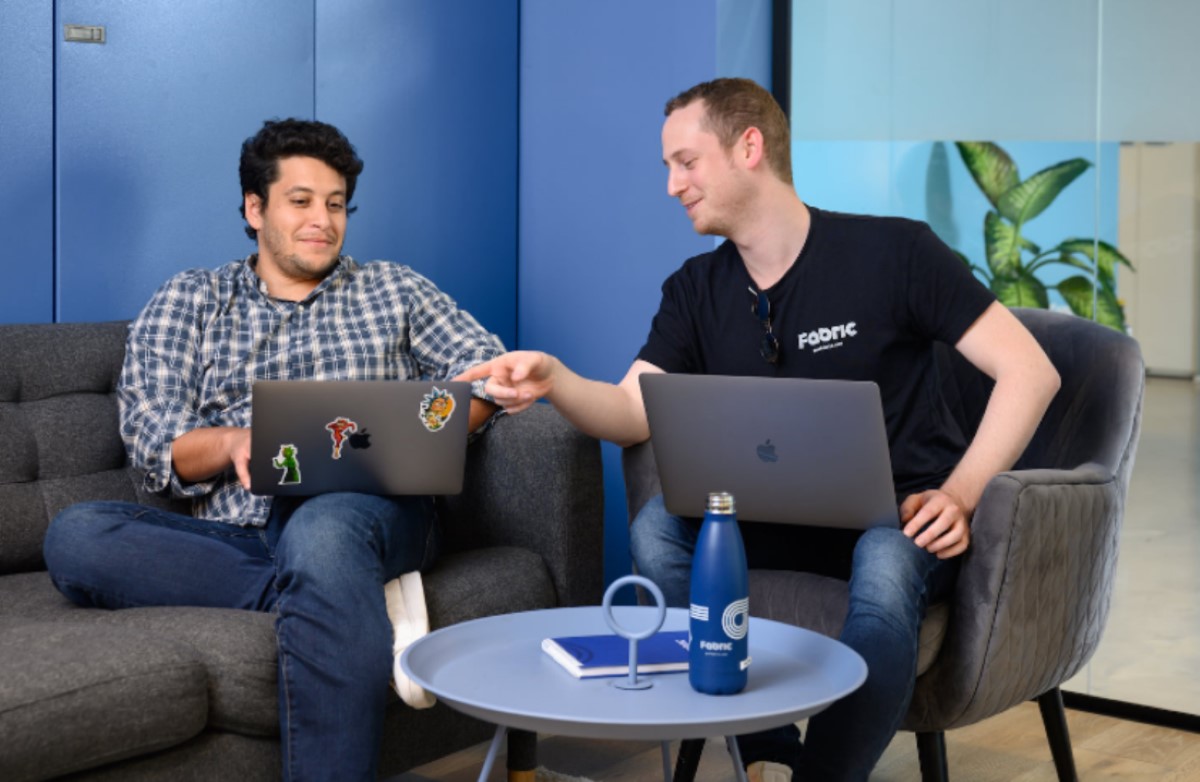
In July 2021, Instacart announced a multi-year strategic partnership with Fabric as a fulfillment automation partner as part of its new next-gen fulfillment program. Fabric software and robots would be combined with Instacart technology and shoppers to enable a new fulfillment process within specialized warehouses and current merchant locations. The new procedure would combine the speed of robotics with the personal touch and attention to detail of Instacart customers, allowing for speedier completion of customers’ entire grocery orders, including packaged products, household basics, and vegetables, as well as deli items, frozen food, and alcohol. After properly packing items, shoppers will deliver them to customers’ homes or store them in staging zones for curbside collection. In the coming year and beyond, Instacart intends to launch early-stage idea experiments in collaboration with Fabric and grocery retail partners.
“Everything about our micro-fulfillment solution has been built for speed, efficiency, and elasticity to meet today’s on-demand requirements. This partnership with Instacart is another validation that Fabric’s tech and operations are best-fit to serve retailers’ next-gen fulfillment needs,” said Elram Goren, CEO and co-founder of Fabric. “Our software-led robotics and modular solution gives grocery retailers the flexibility to build the fulfillment solution that best fits the needs of their business. With Instacart as a partner, we see an enormous opportunity to integrate our product and services into Instacart’s ecommerce solutions to provide a compelling service offering for grocers. We’re excited to partner with Instacart as we continue to scale across North America and focus on unlocking more value for retailers and their customers.”
In April 2022, Fabric opened a new micro-fulfillment facility (MFC) in Dallas, increasing its growing North American network for on-demand retail. The Dallas location is the most recent addition to Fabric’s growing network of MFCs in the United States, which is scheduled to quadruple by the end of the year, providing delivery to over 90% of consumers throughout the country in two days or less. Fabric strategically picked Dallas as a heavily populated, rapidly rising commercial hub in the United States based on client demands, population evaluations, ten-year shift studies, and extensive demographic analysis. “We’re in the middle of a historic shift in consumer expectations when it comes to fast and free shipping,” said Colin Coggins, Fabric’s Chief Commercial Officer.
“By placing our MFCs in strategic locations such as Dallas, we can use our software-led robotics and AI technology stack to help retailers meet today’s expectations for super-fast delivery and provide a future-proof strategy to meet tomorrow’s expectations without increasing overhead.” Chill Brands Group, a lifestyle brand that develops, produces, and distributes best-in-class hemp-derived CBD products as an alternative to recreational tobacco, is the first company to debut in Fabric’s Dallas MFC. All orders placed via chill.com will be delivered by the Fabric MFC. Fabric will then use geographical and logistical data to determine Chill clients’ needs and locations, allowing for future integration into other MFCs around the United States. This methodology will give Chill Brands with greater business analytics to sustainably optimize delivery times.
What Do Fabric’s Leader Say When Looking Back on His Career?
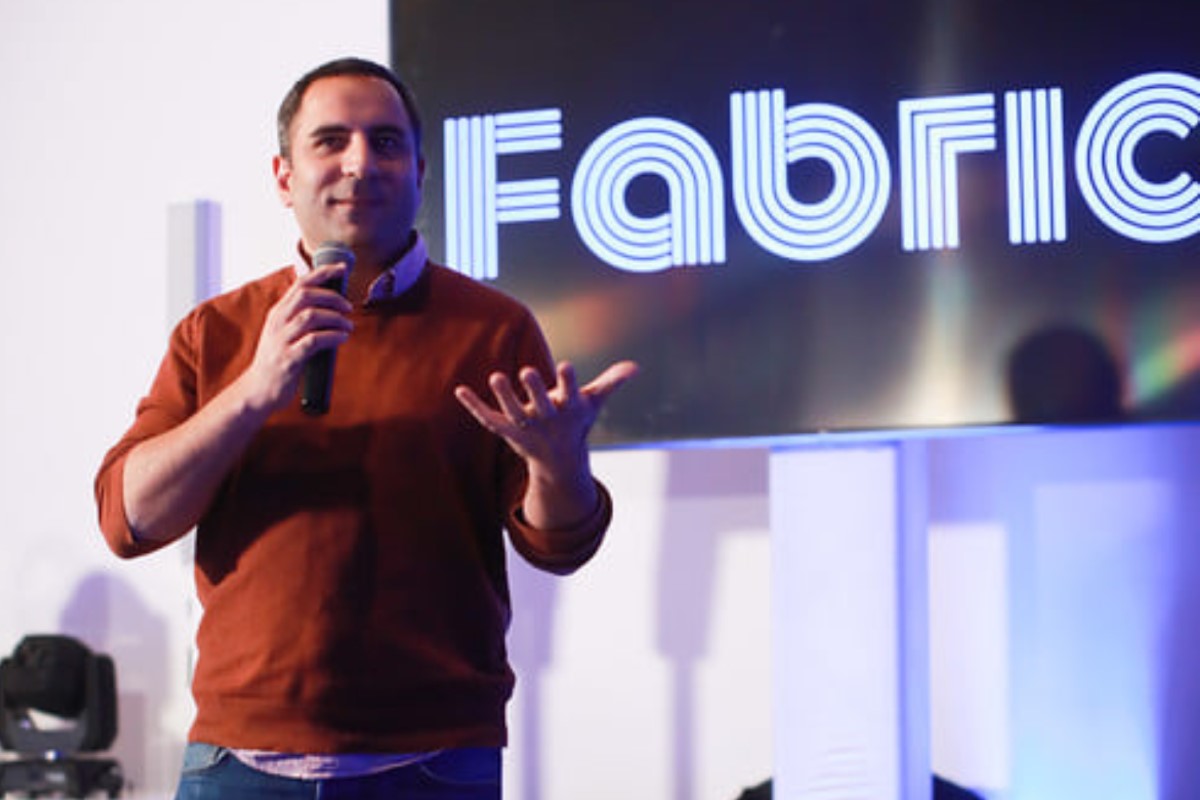
#1. Relevant Qualifications Seem Vital, but Terrific Companions and Self-Acknowledgement Are More Crucial
In an interview, the company’s CEO and Co-founder Elram Goren shared that the founders of Fabric do not have specialized knowledge in logistics and supply chains, or in retail, specifically Elram Goren holds a Bachelor of Science in Physics and Electrical Engineering, Ori Avraham (Co-founder & CTO) holds a Bachelor of Science in Physics and Mathematics and Shay Cohen (Co-founder & VP Engineering) holds a Bachelor of Science in Mechanical Engineering, a Master of Science in Biomechanics and an MBA. As a result, they lack a thorough understanding of the depth and intricacies of such sectors, as well as the associated challenges they may confront. However, they continued to pursue and expand their company because of the same objective of offering the finest purchase experience to their customers, and along the way, they continue to sharpen their knowledge and experience to run the business.
#2. “Yes We Can”
Also in that interview, when asked to explain himself in three words, the CEO delivered a humble, intelligent, but no less intriguing answer: “Yes we can.” This may be interpreted as both a catchphrase or the CEO’s internal monologue, as well as a motivating remark for future generations of entrepreneurs. He began not as a member of the business, but with like-minded pals, and with his own serious hobbies, he and his friends pioneered the invention of micro-fulfillment, a really fascinating notion that is becoming increasingly popular. If he and his companions can do it, so can all of us!
The Bottom Lines
Fabric pioneered the invention of micro-fulfillment and steadily asserted its position in this quickly increasing industry through gadgets, Stemming from the aim to improve the customer experience, The company pioneered the invention of micro-fulfillment and steadily asserted its position in this quickly increasing industry through gadget and partnerships that are contemporary and worth millions of dollars. Their efforts in the development process are constantly acknowledged and appreciated, thus distilling and learning is worthwhile for other companies or business owners.

